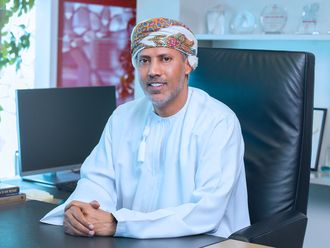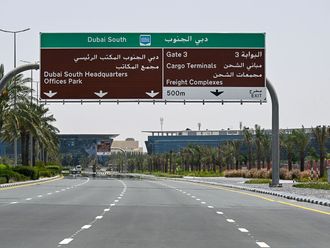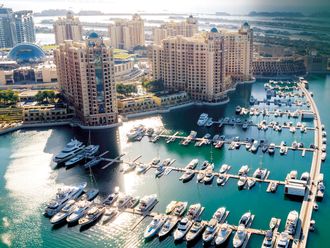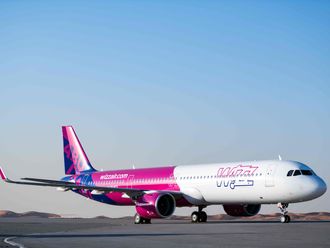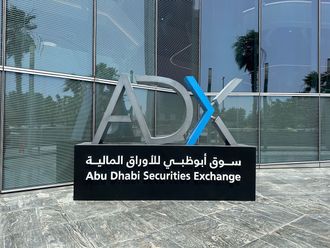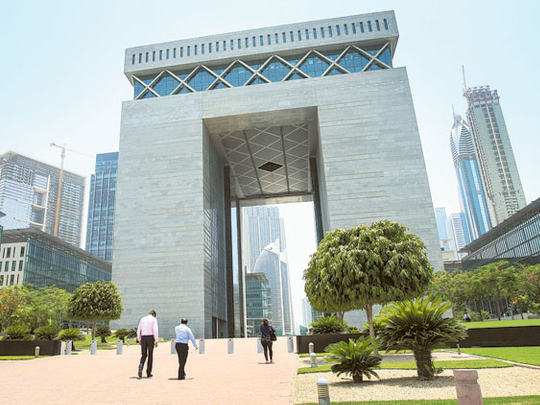
Dubai: The UAE has emerged as one of the most proactive countries in the Middle East region in countering money laundering and financial crimes, according to KPMG.
KPMG’s Global Anti-Money Laundering (AML) Survey 2014 showed that the Middle East region needs to be more vigilant against financial crimes.
The survey also highlights the continuing need in the wider Middle East to reduce the region’s vulnerability to financial crimes, and how countries including the UAE are taking measures to implement tougher systems.
The financial services industry worldwide and in the UAE is making significant changes in response to regulatory action and increasingly far-reaching global anti money laundering regulations, changing the anti money laundering efforts from a stand-alone function under compliance, to a complex and overarching function cutting across legal, risk, operations and tax.
Recently, the UAE Federal National Council’s (FNC) Financial and Economic Affairs Committee announced changes in its key money laundering legislation. Additionally, it changed the name of the draft law to ‘Anti-Money Laundering and Combating the Financing of Terrorism’.
The first draft of the law had included four activities that were considered criminal offences — transferring, depositing, transmitting or replacing money with the purpose of hiding or disguising its illicit origin. The FNC has also added two more offences: saving or investing in illegal money.
“As a rapidly developing region, the Middle East needs to take a more proactive approach towards reducing its vulnerability to financial crime and create infrastructure which will facilitate effective AML enforcement. The AML Survey indicates that 92 per cent of respondents considered money laundering high risk area,” said Kauzal Ali Rizvi, director Consulting, KPMG Lower Gulf.
The National Anti-Money Laundering Committee in the UAE has been proactive and plays a key role in proposing anti money laundering rules and procedures in the UAE, facilitates exchange of information and coordination between agencies. Several countries in the Middle East are striving to have more robust antimoney laundering laws and countering the financing of terrorism functions in place. In this regard, the UAE has been proactive and criminalised the act of money laundering in 2002. Various anti money laundering related rules and regulations have also been issued by both the UAE Central Bank and the Dubai International Financial Centre (DIFC).
While the profile of anti money laundering efforts within the Middle East region has risen over the last three years, the KPMG survey states that it still faces some significant challenges around compliance, especially with regard to customer due diligence, transaction monitoring, and Politically Exposed Persons (PEPs) identification.
“The political and civil unrest in the Middle East continues to pose a challenge for financial institutions’ sanctions screening systems in terms of responding to rapid changes to sanctions lists and their increased volumes,” said Rizvi.





